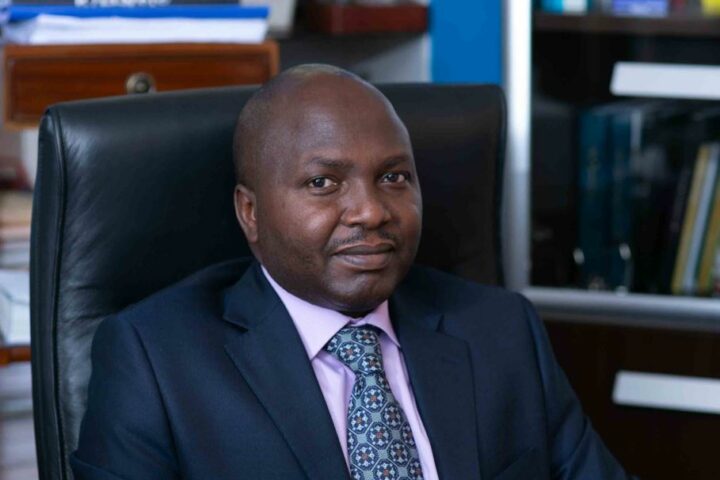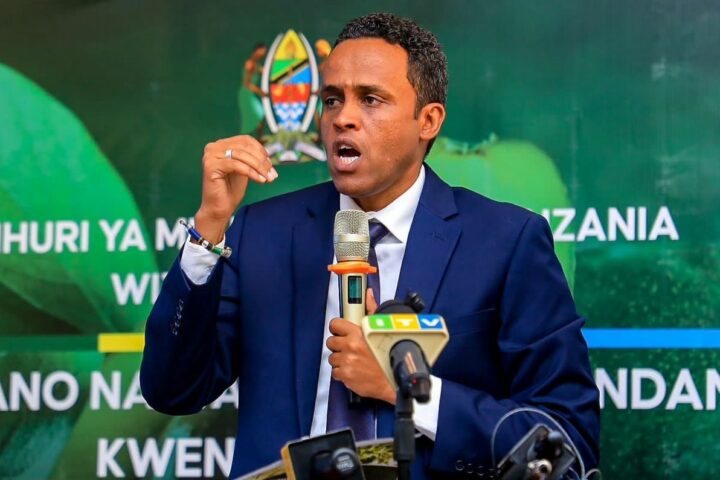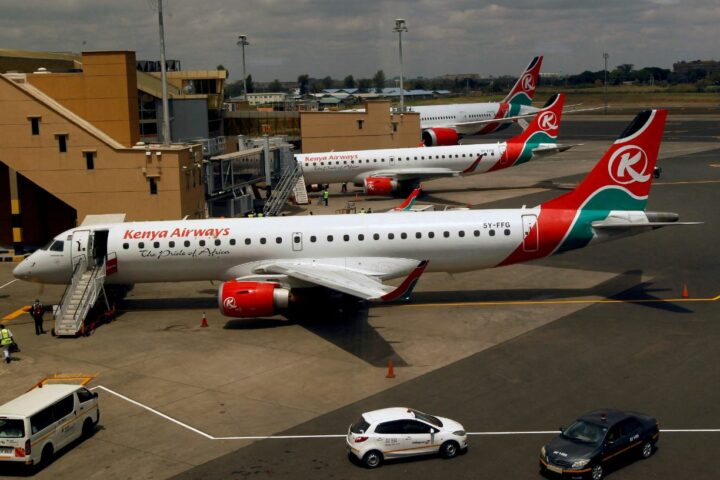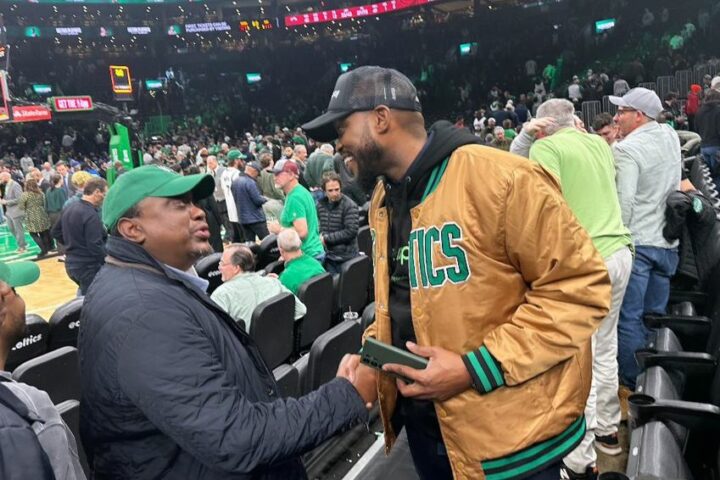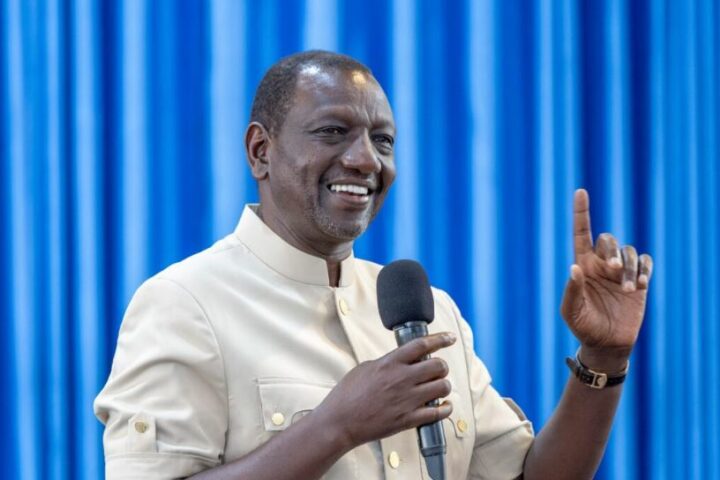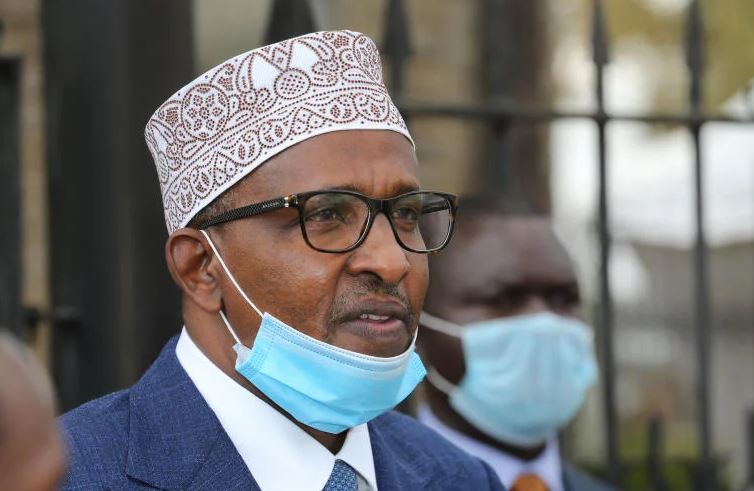
Eight years in a high-profile job and now out of it. Do you have any regrets?
I have absolutely no regrets. I’m a man of faith and I believe no position is permanent. Everyone who gets a chance to serve in public office, even the presidency, has to hang their boots at some point. I am happy having had the privilege to be the first leader of majority under Article 108 of the 2010 Constitution. I thank President Uhuru Kenyatta and his deputy William Ruto for entrusting me with such an important constitutional office.
What may have cost you your job?
I was not removed because I was not loyal to the party and the president. I was not removed because I failed to push government agenda. Members of Jubilee did not remove me. Until today, it is a mystery that some signatures were allegedly collected to push for my removal. How many were the signatures? Who were they and what were the allegations? No one seems to have the answers. But remember I have been in unfamiliar territory before. In 2008, I was sacked from assistant minister role. I am back in the backbench. What is more important is my loyalty to the people of Garissa Township.
Did you anticipate your ouster?
I discussed with the president on whether to stay or leave. I chose not to lobby to remain. I felt that as my boss and good friend, I needed to give him a chance to work with somebody else. He may have felt that because of my links with Ruto, I would be conflicted. I had split loyalty. By the time some MPs were reportedly collecting signatures, I had made a decision to give way. However, the president has never been on record asking me to abandon Ruto.
Some say you were betrayed. Was this the case?
In politics, the common denominator is betrayal and deceit and this you can ask Raila Odinga, William Ruto, Kalonzo Musyoka, Uhuru Kenyatta and many others who faced challenges in their political careers. I knew a day would come when I would leave office. I will focus on the future not the past. I am now doing my memoirs.
What are the highlights of your tenure as majority leader?
I served from 2013 and was retained in 2017. More than a hundred pieces of legislation were passed, a record performance compared to five previous parliaments combined. I defended impeachments against Cabinet Secretaries. I survived the impeachment of CS Jacob Kaimenyi with only 11 votes. I also played a key role in approval of constitutional office holders besides passage of key legislation such as the Parliamentary Service Act, Judicial Service Act, Kenya Coast Guards Act, LSK Act and mainstreaming legislation on Islamic products in the financial sector. I dealt with the President one on one on a daily and perhaps hourly basis. Some days, he would call me more than 40 times like during the debate on the controversial VAT and security laws.
What would you say you did that you could have done better?
There were times I pushed government agenda and forgot the public interest. Kenyans and MPs can judge me if I could have done better as leader of government business. During my tenure, the government lost only one Bill.
You had a way with parliamentary diplomacy. How did you achieve this?
Parliament has interests from parties, party leaders, regions and faiths. I learnt that each MP, regardless of his party, must be respected, lobbied and involved in legislation. I preferred dialogue and consensus-building, not tyranny of numbers. During the passage of the security laws, bureaucrats were targeting the Somali community under the guise of fighting terrorism by profiling them. I advised the president that some clauses needed to be expunged and we did just that. I used to lobby a lot, sometimes leaving my office at 10pm.
Describe your relationship with President Kenyatta.
My links with Uhuru started in 2005 when he was seeking the chairmanship of Kanu against the late Nicholas Biwott. I was supporting Uhuru although I was not a Kanu member. He beat Biwott. We united again during the Orange 2005 referendum. In 2007 we joined Parliament. He was deputy premier and I was assistant minister. I owe him respect even if sometimes unhappy with his decisions. My links with Uhuru cannot end. He has a relationship with my family too.
How about his deputy William Ruto?
Ruto is a close friend. We were founder members of ODM. A long the way, we differed ideologically with former premier Raila Odinga. We formed URP and later merged with TNA and fought the ICC cases together. I have a long personal history with Ruto. Having served Uhuru’s administration diligently, I have a business to finish in ensuring that the Jubilee succession plan works. We promised 10 years each for Uhuru and Ruto. What is left is to ensure Ruto becomes president.
After Uhuru and Ruto fallout, how did you manage to strike a balance?
The period 2018-2020 was the most difficult. The relationship between them was getting worse and I was caught in between. I learnt how to deal with it. I never contradicted the president, not even his deputy. There is nothing I ever did without first consulting the president. The Jubilee rank and file and the opposition knew that when I spoke, it was the president actually speaking.
What makes you believe in a Ruto leadership?
Uhuru, Ruto and Raila are the only politicians I have fully understood their political philosophy. I am a political student of the three combined. I am not a Ruto ally by accident. It is because of political history. I know what Ruto is capable of achieving. He believes in the oneness of Kenya. Just like Uhuru, Ruto has taught us the politics of tolerance.
Do you agree with claims that the system is out to frustrate him?
I am reading two books titled Deep state – the fall of the constitution and the rise of shadow government and The room where it happened. I am in the process of understanding systems and deep state. There are bureaucrats, not with Uhuru’s instructions, who are undermining Ruto. But the system opposed Uhuru-Ruto 2013 ticket, it also said choices have consequences. But system or no system, it’s God who ordains leaders.
Has Jubilee Party lived up to its ideals?
We collapsed 14 parties to form Jubilee. We wanted to kill ethnic-based parties. I had misgivings about dissolving URP. Uhuru and Ruto convinced me. The party grew and managed to have elected leaders in 44 counties, with 170 MPs. But today, it is a shell. I regret the decision to collapse parties. If the president will not salvage Jubilee, the 2002 scenarios in Kanu will play out. There will be a mass exodus by leaders who will form a new outfit. I urge the president to rescue it. He can leave a legacy of leading the largest united, cohesive party.
What are your thoughts on BBI and calls for a parliamentary system?
Just like Ethiopia, we have challenges with our ethnic diversity. The solution is a parliamentary system. The pastoralists’ parliamentary group made submissions to the BBI task force. Kenyans always fight over the presidential seat, nothing else. Only two communities have produced presidents since independence and as it is now, smaller tribes cannot produce a president.
You once publicly warned governors not to embezzle funds. Kenyans recall your quip “hii pesa sio ya mama yako”. Are counties on track?
I have been vindicated. More governors are being taken to court. Graft has been devolved. As a member of Public Accounts Committee (PAC), I am shocked at the extent of wastage in counties. Devolution was a good idea but those we elected to midwife it became the biggest obstacles.
What’s your take on CJ Maraga’s advice to Uhuru on dissolution of the House?
A dissolution would be a serious affront to the will and sovereignty of the people exercised by Parliament on their behalf. Article 94(1) confers the legislative authority on Parliament. A dissolution would negate this legislative authority.
Was the push and pull over revenue sharing warranted?
Budget-making process is time-bound. It is disheartening that the Senate took so long. But world over, resource sharing is very controversial. Kenya is defined by land and its people. We need to build systems that ensure resources are equitably shared.
What are your political plans, especially with regards to 2022?
I have plans at the county level, north eastern regional level and nationally but for now, I want to state categorically that my choice for presidential candidate come 2022 is William Ruto. The race is between two horses, Ruto and Raila. The rest are donkeys.
Source: Sunday Standard
